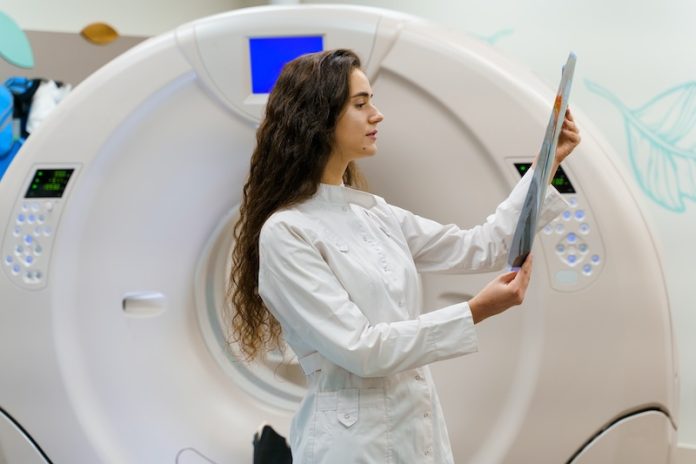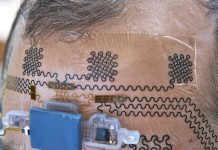
A recent study by Northwestern Medicine, published in the Journal of Clinical Investigation, has made an important discovery about our brain health as we age.
The researchers, led by Dr. Luisa Iruela-Arispe, found that a decrease in a specific activity in the brain’s blood vessels is linked to the brain not working as well and to diseases that affect the brain as we age.
This study is the first of its kind to show that this decrease in activity could be a sign (or biomarker) of aging in blood vessels and problems in the brain.
This is important because it could help develop treatments to stop or slow down diseases that affect the brain as we age.
Dr. Iruela-Arispe, a respected professor at Northwestern University and part of the Robert H. Lurie Comprehensive Cancer Center, explained that their study aimed to understand how changes in the brain’s blood vessels are linked to aging.
This is crucial because as we age, our organs, including our blood vessels, don’t work as well. When blood vessels in the brain don’t work properly, it can lead to problems with thinking and memory, known as vascular dementia, and other diseases that affect the brain.
Vascular dementia is a condition where people experience memory loss, trouble thinking, and changes in how they behave. Understanding what causes these issues is not easy, but this study helps shed light on it.
One of the study’s key findings is about something called the Notch3 signaling pathway. This pathway is part of how cells in our body communicate and respond to stress.
The researchers found that in older mice and humans, there was a noticeable decrease in the activity of this pathway in the brain’s blood vessels.
They used advanced techniques to study the blood vessels and found that this decrease in the Notch3 pathway caused problems in how blood vessels regulate calcium and how they contract.
These problems can lead to blood vessels getting wider than normal, the formation of small bulges in the vessels (microaneurysms), and less blood flow to the brain. All these issues can contribute to brain health problems as we age.
Interestingly, the team also noticed that these blood vessel problems affected the brain’s ability to clear out waste, a process known as glymphatic flow.
This is similar to what happens in a rare genetic form of dementia called CADASIL, which is also linked to changes in the Notch3 pathway.
Dr. Iruela-Arispe’s team’s work is vital in understanding the normal aging process in the absence of other diseases. They believe the Notch3 pathway is a key indicator of how well blood vessels in the brain are aging.
They are now looking into whether increasing the activity of this pathway could help improve the health of blood vessels in the brain.
They also hope to create better models of diseases like CADASIL to compare them to the natural decrease in the Notch3 function that happens as we age.
Dr. Iruela-Arispe expressed gratitude for the community of doctors and scientists at Feinberg and their collaborators for their contributions to this study.
This research is a step forward in understanding aging in the brain and opens doors to potentially new treatments for age-related brain diseases.
If you care about blood sugar, please read studies about why blood sugar is high in the morning, and how to cook sweet potatoes without increasing blood sugar.
For more information about brain health, please see recent studies about 9 unhealthy habits that damage your brain, and results showing this stuff in cannabis may protect aging brain, treat Alzheimer’s.
The research findings can be found in Journal of Clinical Investigation.
Copyright © 2023 Knowridge Science Report. All rights reserved.



